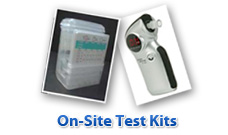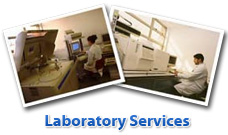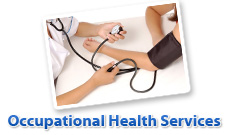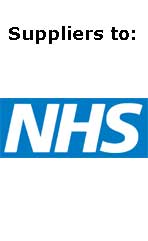Substance Misuse Screening In The Workplace
Stimulated by a requirement to guarantee safety, well-being and health of employees and visitors, employee substance abuse screening has gradually become more commonplace throughout England and Scotland. Nevertheless, there still persist an abundance of myths associated with the strategy, that might result in doubt among the members of staff subject to testing.
Substance Misuse Screening In The Workplace – Precisely where is the risk?
Lots of individuals estimate that the impact of drugs of abuse throughout the modern workplace is a trivial matter. Pretty much everybody has seen Christmas time anti-drink-driving commercials and as a consequence, get the idea that drug driving and drink-driving is hazardous, so shouldn’t we be able to count on most people’s common sense? Sad to say, it’s estimated that one-half of all road and industrial fatalities across the United Kingdom involve alcohol, drugs, or both. Up-to-date statistics show that over 70 % of illicit drug users are in full-time jobs, meaning that the typical drug misuse is, essentially, the average business employee. Most recent Home Office research estimate the amount of 16 to 29-year-olds who have used illegal substances in the previous year at in excess of fifty percent. So, this shouldn’t be viewed as someone else’s problem, as it affects every single workplace. While the recreational use of drugs doesn’t by default suggest a tendency to ignore risks within the working environment, this does drastically broaden the probability of accidents, attendance issues, a drop in productivity, damage to equipment and stock, being the target of legal action and a larger turnover of personnel.
Substance Misuse Screening In The Workplace – What should we do? Isn’t workplace alcohol and drug testing difficult to do?
A lot of businesses only perform employee drug screening in the event of an accident, an incident or near miss, or in cases where they find reasonable grounds for concern that a worker may potentially be unsafe or unfit to be at work. Due to the broad cross section of potential hazards associated with heavy industrial companies, many businesses judge it to be entirely logical to perform diagnostic tests on such occurrences, in order to prevent them occurring ever again.
Of course, random workplace drug screening brings testing a stage further, whereby a predetermined percentage of the workforce is picked at random to volunteer an urine and breath sample. This sounds a little intrusive, though it is actually pretty customary for only five percent of the staff to be drug screened up to once per year. This is the same as only one in 20 individuals being drug and alcohol tested, as an alternative, as an employee, your probability of being actually screened should be just one time in each 20 years. Incredibly, such minimalistic testing has indeed been documented to lessen failure rates from a high of forty six percent down to as low as 2% within only a handful of months. This indicates that the run of the mill drug misuser found in the work environment isn’t addicted, but is just making choices about their lifestyle which could be influenced in the direction of a better end result.
Substance Misuse Screening In The Workplace. Is this often deemed a violation of the person’s civil Liberties?
While some individuals on the payroll might be resistant at first to the prospect of on-site drug screening, the significant majority are aware that this will be carried out in order to underpin the health and safety of everybody within the workplace. Provided the extent of on-site drug testing is proportionate to the threats found in the workplace and doesn’t deliberately interfere with employee time outside of work, it doesn’t represent a threat to staff human rights. In the US, beyond 98% of the most successful 1000 businesses drug and alcohol screen their work force without any controversy.
Is there really any risk when misusing street drugs outside of your job?
A number of illegal substances have certainly created a softer image through their repeated exposure throughout the country’s radio, television and newspapers. Of course, expressions including “recreational cocaine use” are responsible for a great amount of harm due to it misinforming people. For a significant proportion of youngsters, powdered cocaine is even more addictive than heroin and can not be abused on a recreational basis without considerable threat of becoming addicted. Addiction aside, cocaine purity has reduced from an average 45% cocaine concentration in 2004 to as low as about 25% purity in 2010 (with the purity of cocaine as low as 9% being reported). Worryingly, the powders that the dealers use to increase the volume of the cocaine have been known to range from local anaesthetics, carcinogenic chemicals, cat worming powders, through to cockroach insecticide. The reality is that you should certainly never rely on a drug dealer.
In fact, drugs typically thought of as soft drugs still carry dangers. In recent years in England and Wales, a dramatic 92% of individuals accepted for treatment for mental health problems are regular users of cannabis. bearing this in mind, workplace drugs screening unquestionably has the opportunity to attack wider community and health problems when it comes to be commonplace.
Read more about drug testing in the workplace plus home drug screening kits, check out www.drug-aware.com
About the author: Christopher Evans is the Technical Director of Drug-Aware Ltd, a provider of Substance Misuse Screening In The Workplace, alcohol and drugs test devices, laboratory services together with drug awareness training sessions. He has taught literally thousands of delegates from hundreds of organisations, HM Prison Service, the British police and hospitals across the country.








